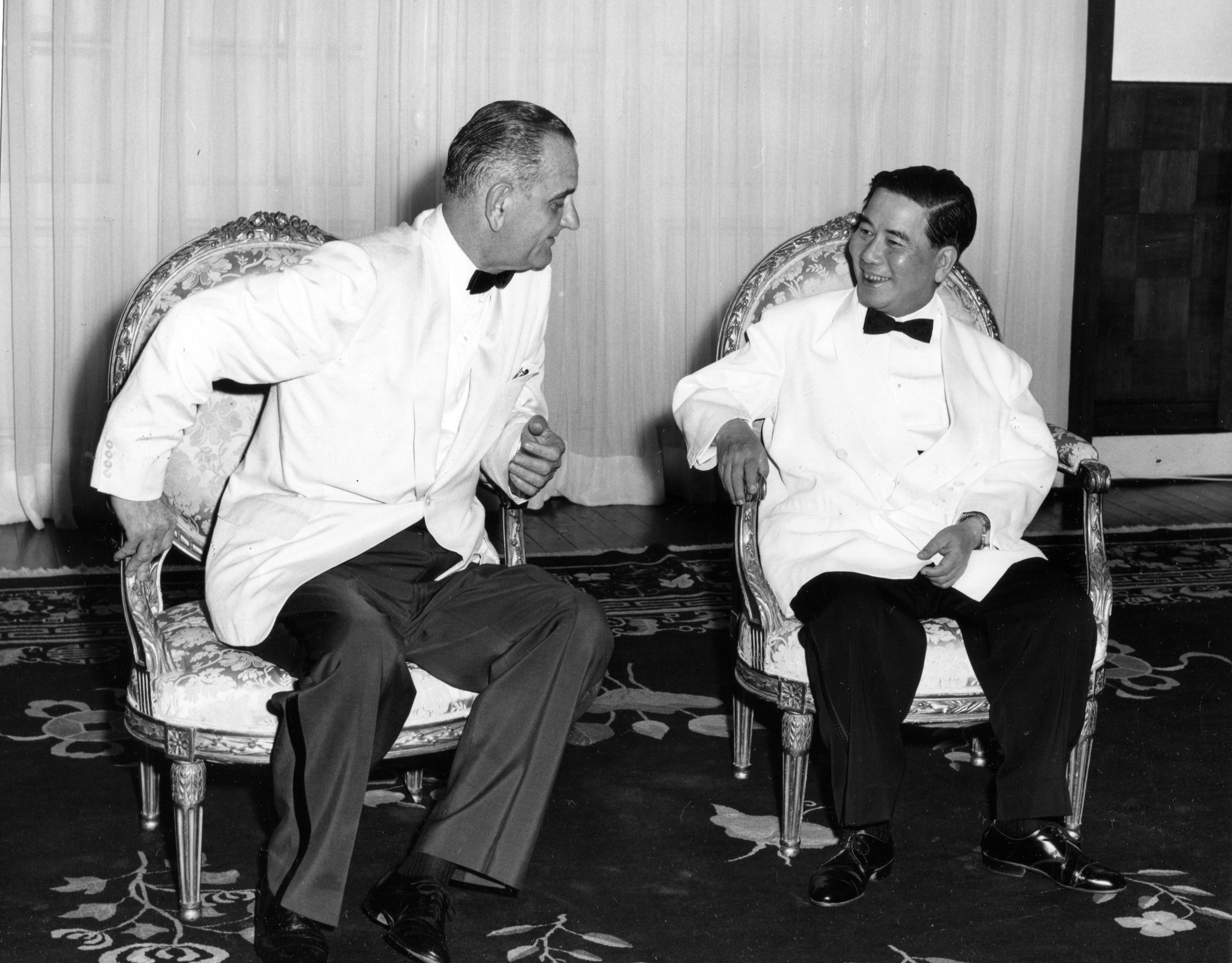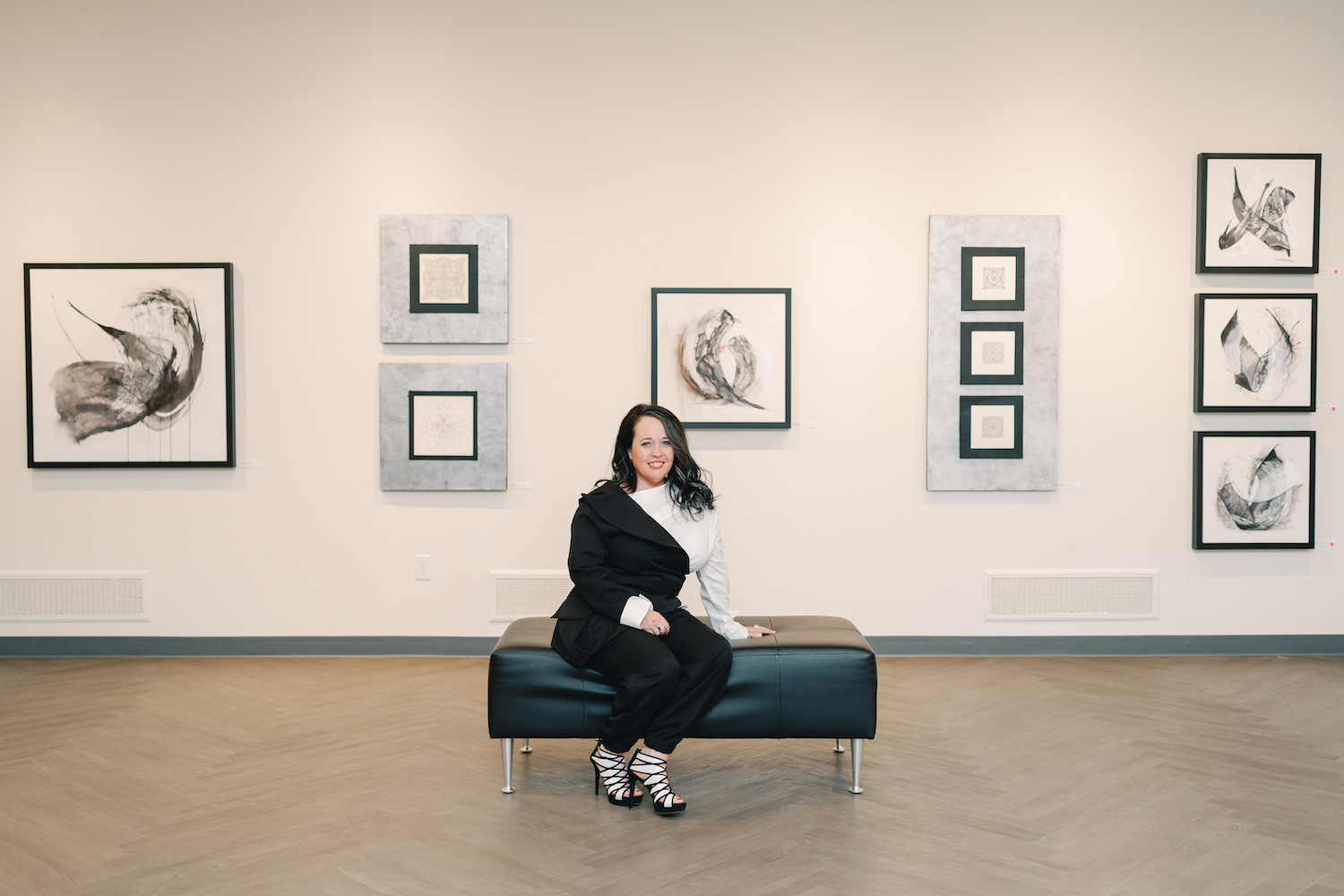For most Americans who lived during the Vietnam War, their understanding of that conflict centered around the motivation of the United States to prevent the spread of communist rule in Southeast Asia.
However, new research based on the examination of internal documents from the South Vietnamese government by Humanities Institute Fellow Nu-Ahn Tran, an associate professor of history in the College of Liberal Arts and Sciences, tells a much different story.
“Most of the scholarship up until the opening of the Vietnamese archives argued, based on American scholarship, that [South Vietnamese President] Ngo Dinh Diem took certain actions often because the Americans told them to,” Tran says. “But when you find documents for the internal workings of government, what you realize is that Ngo Dinh Diem had a certain agenda, his advisors had certain agendas, and the policies that they came up with often reflected that as much as any conversations they had with Americans.”
Tran, who has studied the history of the Republic of Vietnam, as South Vietnam was officially known, is writing a book based on her research with the working title “Disunion: Anticommunist Nationalism and the Making of the Republic of Vietnam, 1954-1963,” which explores authoritarianism and democracy during the tenure of Ngo Dinh Diem. She says reviewing official documents housed at the National Archives Center II in Ho Chi Minh City (formerly Saigon), as well as in newspapers, periodicals and other Vietnamese-language publications led her to identify what she calls the development of “anticommunist nationalism.”
“The dominant scholarship about Vietnam argues that the anti-colonial nationalist movement against French colonialism led to communism, which then became the North Vietnamese state and ultimately the Socialist Republic of Vietnam (SRV),” Tran says, referring to the official name of the postwar communist government, adding that she found an alternative story in sources produced by the anticommunist Republic of Vietnam (RVN).
“Memoirs by Vietnamese and from the RVN who are anticommunist offer a very different narrative,” she says. “What’s interesting is to look at that narrative and how it reflects a particular historical experience and particular political trends. That’s how I arrived at this idea of anticommunist nationalism, that this is how many of these political leaders and groups thought of themselves.”
Tran’s interest in studying the nation of her heritage stems from growing up as a Vietnamese-American and noticing that the way her parents discussed their native country varied from what she heard in school and in the media.
“I was very interested in how to understand this from a Vietnamese perspective because one of the defining differences is that as you would expect Vietnamese people to think of themselves as the main characters in their story, just like everyone else in the world,” she says. “It’s also informed by my own experience growing up with Vietnamese Americans who often seem to use the word ‘democracy’ in very different ways. I was interested in how these different political leaders and political factions in South Vietnam understood democracy, how they debated with each other about what democracy meant, and to understand how this was a word and a concept that has real meaning for them, that It wasn’t something just imposed from the outside.”
The conflict between Vietnamese communists and anticommunists was fought on the ground in the rice paddies and cities of Vietnam. A parallel conflict between Americans hawks and doves took place in the halls of the U.S. Congress, as well as protests on the stress of American cities and college campuses. American involvement in Vietnam divided the U.S., and saw more than 58,300 American soldiers killed and more than 303,600 wounded.
Tran says her research demonstrates the complexity of Vietnamese politics and points to the similarity between Vietnamese debates about how to govern a nation and other debates about democracy and authoritarianism taking place across the decolonizing world.
“This particular book is about elite politics, not about politics of the grassroots level,” she says. “It’s about elite politics and arguments between political leaders and political elites. That doesn’t mean that some of them don’t represent popular interest, or try to. What you find when you look at these documents is that Vietnam had its own politics of the Vietnam War that doesn’t necessarily line up with what was going on in the United States. It’s just a very different political world with very different political camps. One of the lessons of doing research like mine is to realize that those countries have their own politics, which is very complicated and makes sense in their own way, and they don’t line up with our politics about those conflicts.”
Tran says Vietnam studies remains an undeveloped field of scholarship, with many areas not yet fully explored, in part owing to the fact that studies have long been American-dominated.
She adds, “My book establishes a narrative that explains how the Republic of Vietnam fits within the longer span of Vietnamese history, and it also establishes the Republic of Vietnam as a distinct entity with its own unique politics within the larger framework of the Vietnam War. I see the type of research I do as paving the way for more research of that type.”



